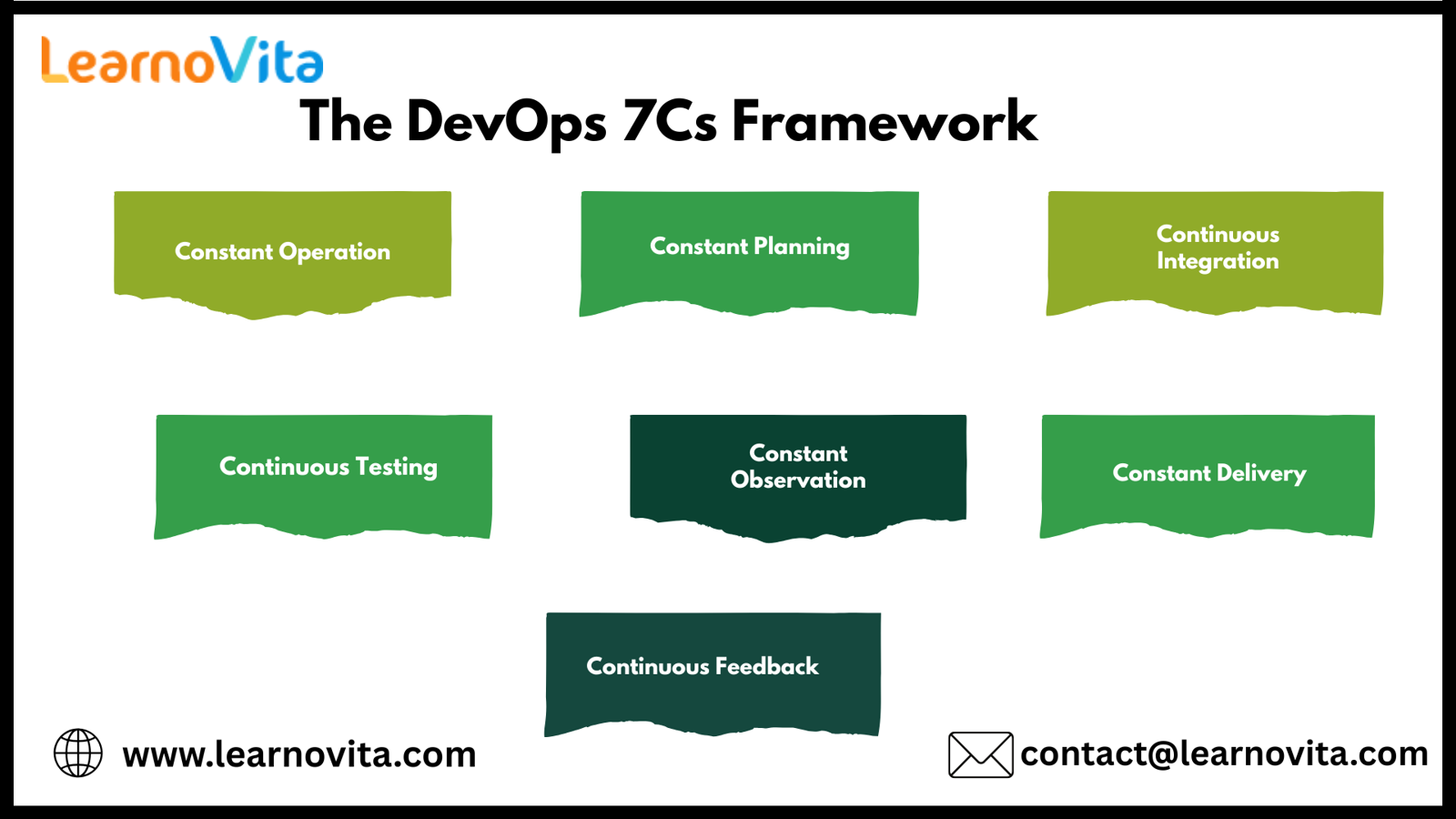
Software development has progressed considerably beyond conventional methods. Previously, development and operations teams functioned independently, frequently leading to inefficiencies, delays, and subpar software quality. In the present day, the emergence of DevOps has enabled businesses to discover more effective strategies for addressing ongoing development issues and optimizing their operations. DevOps has emerged as a vital factor for success among global enterprises in the digital era. In the rapidly evolving landscape of contemporary business, providing dependable and high-performing software is equally, if not more, crucial than possessing a distinctive product or vision. As discussed in our DevOps Course in Chennai, the pace at which solutions are created and implemented is a significant factor in sustaining a competitive edge.
Comprehending DevOps
DevOps is a collaborative methodology that integrates software development (Dev) and IT operations (Ops) into a cohesive process. Its primary objective is to improve communication and collaboration among teams to expedite and enhance the overall software development lifecycle. DevOps encourages automation, flexibility, transparency, and collaboration throughout all stages of planning, development, testing, deployment, monitoring, and iteration. It signifies a cultural shift that promotes shared responsibility and interconnected workflows across various departments.
The DevOps 7Cs Framework
The 7Cs of DevOps offer a detailed roadmap for efficient software delivery in the current dynamic landscape, emphasizing collaboration and ongoing enhancement:
1. Constant Operation
This ensures that software remains stable and operational post-deployment through continuous monitoring and maintenance, providing an uninterrupted user experience.
2. Constant Planning
This entails continuous, iterative planning to synchronize development activities with changing business objectives. It enables teams to swiftly adapt to fluctuating market trends and new technologies.
3. Continuous Integration
This involves the regular merging of code modifications into a common repository. Our DevOps Online Training highlights the importance of early integration to minimize conflicts and expedite feedback cycles.
4. Ongoing Testing
Implements automated testing throughout the development pipeline, facilitating the early identification of bugs and guaranteeing the provision of high-quality software. With the aid of Best Online Training & Placement program, which offer comprehensive training and job placement support to anyone looking to develop their talents, it's easier to learn and advance your career.

5. Continuous Monitoring
Provides real-time insights into the performance of applications and infrastructure. This allows for proactive optimization to enhance uptime and user satisfaction.
6. Continuous Deployment
Automates the deployment process to accelerate software releases, ensuring they are more consistent and reliable. The code remains in a state that is always ready for release, which guarantees quicker delivery to end users.
7.Ongoing Feedback
Creates a perpetual feedback loop between teams and stakeholders. This process aids in pinpointing areas for improvement, encourages collaboration, and drives continuous innovation.
Conclusion
DevOps has transformed the methodology of software development and delivery. By integrating development and operations into a cohesive process, organizations achieve a more profound understanding of application requirements and deployment strategies. The outcomes include enhanced software quality, expedited delivery, and increased customer satisfaction.










Write a comment ...